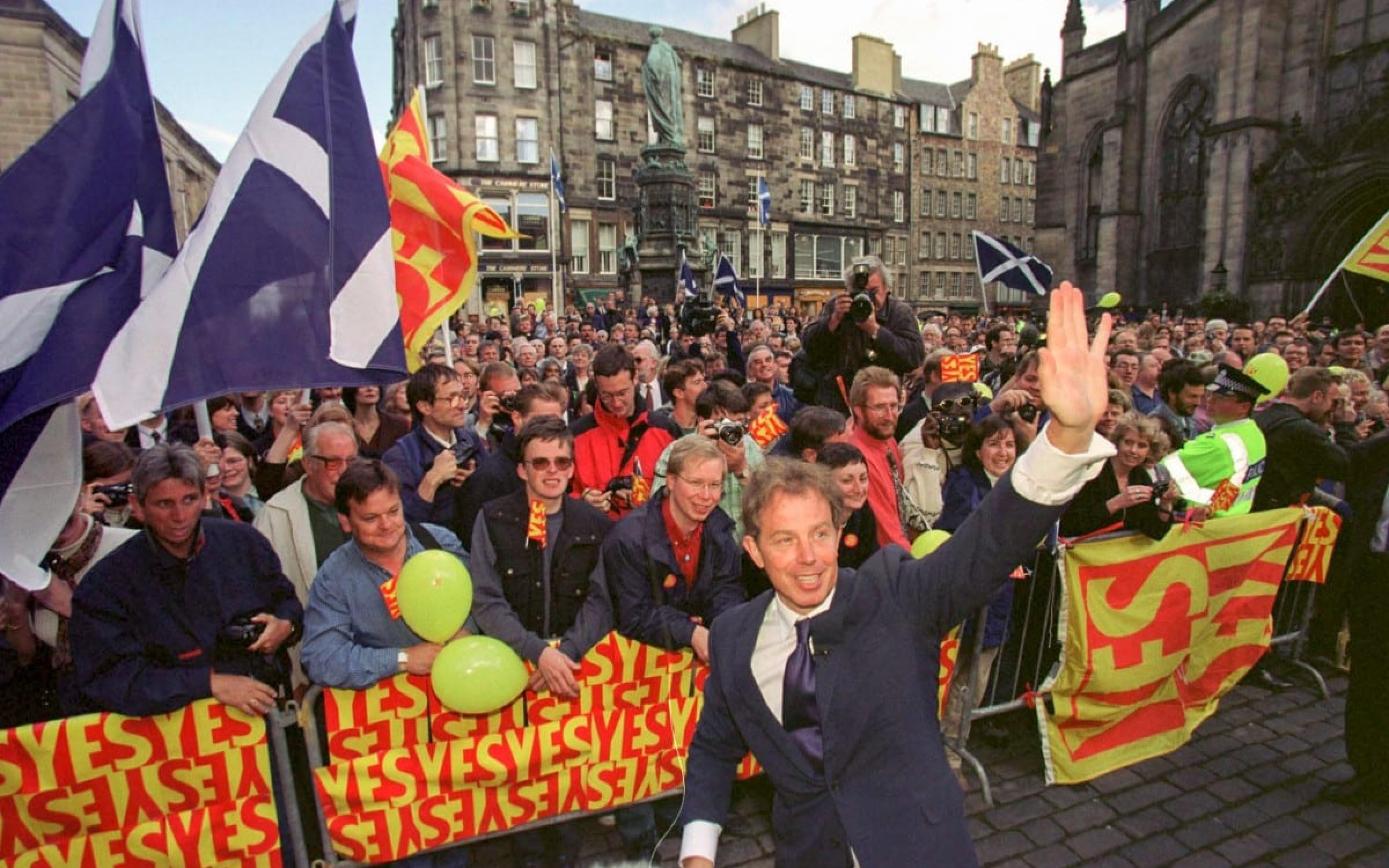The departure of Humza Yousaf from office as First Minister of Scotland was as gruesome and embarrassing as every moment throughout his occupation of the post. It was clear from Yousaf’s demeanour at the Bute House podium that he felt humbled to deliver an announcement more significant than the abdication broadcast of Edward VIII and that he was weighed down by the awareness of the magnitude of his place in history.
To the end, Humza Yousaf demonstrated his inalienable right to the title of leading buffoon in the Lilliputian polity of devolved Scotland, despite a strong challenge from Patrick Harvie. Scottish independence felt “frustratingly close”, claimed the outgoing First Minister, which suggested he had not read an opinion poll for the duration of his year in office. He confessed he had not realised how hurt the Greens would be by their ejection from government at an 8am meeting: clearly, the politically sophisticated First Minister had believed the seven Green MSPs would disinterestedly react to their defenestration by obligingly lining up to support Yousaf in a no-confidence debate.
The wisdom he had displayed throughout his time in office inspired him to offer statesmanlike advice to his fellow politicians. “Each and every one of us must resist the temptation of populism…”. On that principle, at least, Yousaf has a one hundred per cent record of consistency – as have the other politicians whom he was addressing. No soupçon of the popular will has ever been allowed to influence the politics of devolution at Holyrood, where consultations are dutifully held on all contentious legislation and, when the public input proves overwhelmingly hostile, it is sedulously ignored.





